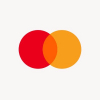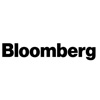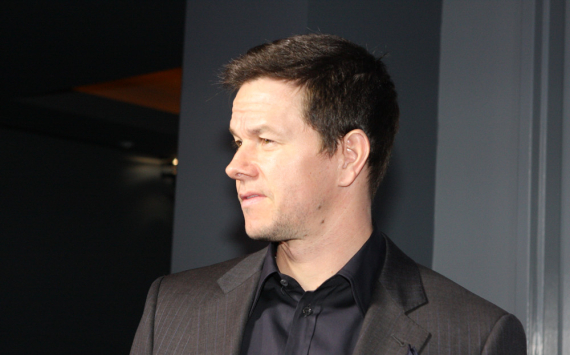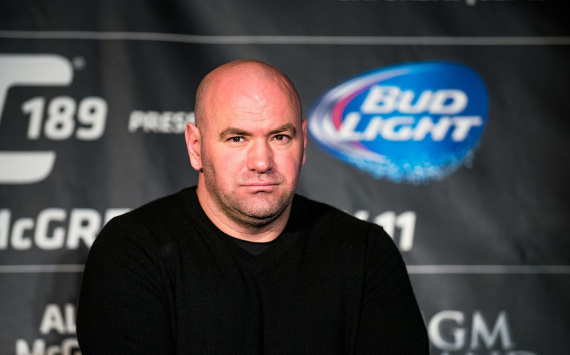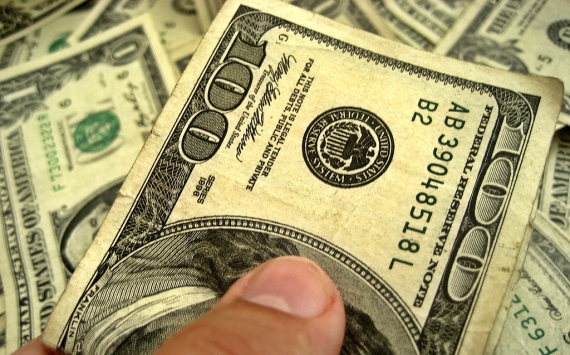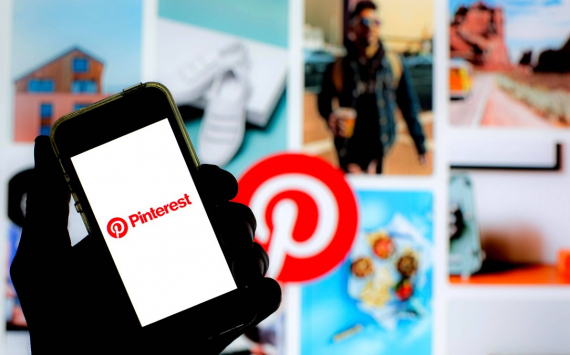
PayPal could buy Pinterest
Shares of Pinterest (PINS) rose 12.8% on news of its potential acquisition by PayPal (PINS). Shares of PayPal fell nearly 5 percent Wednesday. Market analysts were divided on the merits of the deal.
Online payments giant PayPal (PYPL) is in talks to buy social media platform Pinterest (PINS) for about $39 billion to $45 billion, media reports said. The companies declined to comment.
PayPal has a market capitalization of $301.4 billion. (as of Wednesday's close of trading), the third-largest company in the fintech sector, behind Mastercard (MA)($340.8 billion) and Visa (V) ($480 billion). Pinterest has a market value of $40.3 billion.
PayPal stock is up 10.3% since the beginning of the year, but is down 15% in the last quarter. Pinterest stock is down 5% since the start of 2021, but up 19.6% in the last month.
According to Bloomberg, Pinterest's trading price is about $39 billion, or $70 shares. Pinterest stock closed at $62.68 on Wednesday.
Both companies are looking to benefit from a global e-commerce growth trend in which access to consumers' audiences and their data is important for success.
The deal between PayPal and Pinterest
In addition to adding new users, Pinterest is looking to attract more merchant advertisers to its platform. As part of this effort, Pinterest has partnered with e-commerce platform Shopify (SHOP) and regularly adds new advertising features. The Pinterest app allows Shopify sellers to quickly upload their product catalog and receive daily tracking and sales updates. Social media commerce lets you track clicks and purchases, which helps prove the effectiveness of ads to advertisers. It can also allow companies to get a cut of each sale.
Last year, Pinterest saw a surge in audience, revenue and profits amid a pandemic and the scandals of rival Facebook (FB), as some advertisers worried about their reputations moved to the Pinterest platform.
Now, with pandemic convergence, Pinterest's growth slowed, the company predicament. In July, the price of the company's shares fell because it reported fewer monthly active users (key social media indicator) than analysts expected.





